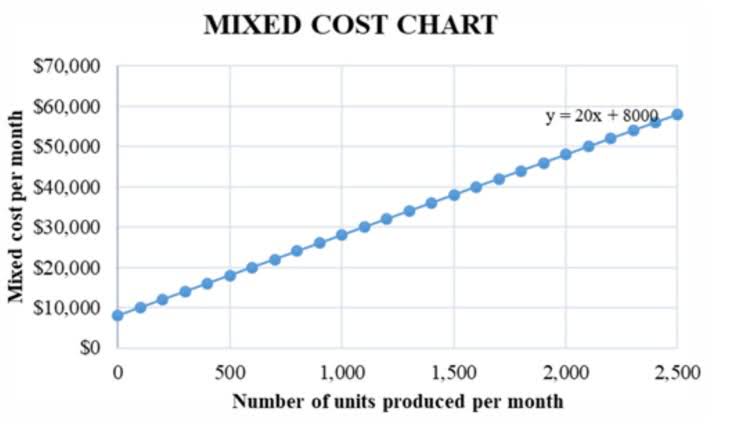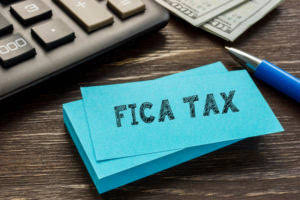
The sheer volume of transactions can be overwhelming, especially when you’re managing multiple properties and trying to keep vacation rental transactions separate. A missed expense here or an unrecorded income there can lead to inaccurate financial records, which can spell trouble come tax time. Airbnb accounting software helps you avoid these pitfalls by automating income and expense tracking and ensuring your financial data is accurate and up-to-date at all times. To reduce manual work, consider leveraging accounting https://dbms.satsacademy.in/2025/08/04/percentage-of-sales-method-for-marketing-budget/ software tools specifically designed for Airbnb hosts. These tools can automate various bookkeeping tasks, including tracking income and expenses, generating financial reports, and even integrating with online payment platforms. Hosts hoping to select the best accounting software for Airbnb have come to the right place.

General Compliance Rules for Airbnb
Ultimately, the host is responsible for collecting these taxes from their guests and remitting them to their local authority. As an Airbnb host, you are subject to self-employment taxes, which include Social Security and Medicare taxes, totaling approximately 15.3% of your Airbnb income. Tax forms are typically sent out by January 31st, either by mail or email. If you haven’t received a 1099 Form by that date, you can still proceed with filing your taxes. However, If the income you report differs significantly from the one recorded on your 1099-K or 1099-NEC, your tax return may be flagged for review.
Depreciation

This new breed of cloud-based tools is designed to make your life easier, streamline your operations, and help you stay accounting for airbnb on top of your financial health. While bookkeeping focuses on the daily recording of transactions, accounting takes it further by generating reports and analyzing financial data for informed decisions. One of the primary tax advantages of depreciation is the ability to offset rental income. By deducting a portion of the property’s value each year, owners can reduce their taxable rental income, which can lead to significant tax savings. For instance, if your Airbnb generates $30,000 in rental income annually and you have $10,000 in depreciation deductions, your taxable income would be reduced to $20,000.
- Still, those who have larger vacation rental businesses or aim to scale their businesses can absolutely benefit from hiring a skilled accountant to keep their finances in order.
- It’ll also provide 12 great recommendations for the best accounting software for vacation rentals.
- Expenses should be classified appropriately for every vacation rental property you own.
- Deducting rental expenses is the best way to lower the income you’re taxed on.
- This recapture is taxed at a higher rate, which can significantly impact the net proceeds from the sale.
- Vacation rental accounting software can streamline your financial management, so you should definitely consider making it a part of your tech stack.
EXPENSES RELATING TO THE ENTIRE PROPERTY
One of the coolest things about Xero is its seamless integration with tons of apps and platforms, making it super easy to connect with your favorite tools. With the free plan, you can create unlimited invoices, estimates, and bookkeeping records. Take this quick quiz to see which expenses may be deductible based on your profession. We also manage VAT, BAS, Sales Tax and Indirect taxes for you so you are always ready at the end of the financial year. Yes, we deliver detailed monthly financial statements to keep you informed about your property’s performance.
- You can rent all or part of your home for less than 14 days in a year and collect rent payments tax-free.
- Furthermore, maintaining proper accounting and bookkeeping can provide valuable insights into the financial performance of your Airbnb business.
- To streamline this process, consider using accounting software tools specifically designed for Airbnb hosts.
- We work on virtual technologies like Team Viewer, Virtual Private Network (VPN) to share and access data from your system.You have to share your accounting software login details.
- There’s a general ledger, accounts payable, corporate accounts receivable, fixed asset accounting, vendor pay, AP automation, lease accounting, debt management, and much more.
- If Airbnb expenses exceed your income, this is considered a “loss.” Airbnb hosts typically can’t take a loss on passive income.
- Property owners can claim an exemption from paying land tax on their main residence.
- Familiarizing yourself with the taxes and filing requirements specific to Airbnb hosting will help you navigate the complex world of taxation and maintain a successful and legal business.
- The properties available are not professionally run, instead, they are homes and apartments of individuals making their homes available for short-term letting.
- Whether you’re looking for integrations, ease of use, or deep property insights, there’s a solution built for the way you run your rentals.
- Your ability to manage your business more successfully and to maintain a healthy bottom line can both benefit from keeping your Airbnb accounting in order.
These include online payments, check scanning, check printing, separate sets of books, line items, Travel Agency Accounting automation, owner statements, transaction history, custom reports, and so much more. Pricing begins at $400 per month, with the most popular plan costing $475/month and the most advanced plan costing $1200/month. Luckily, you don’t have to be an accounting expert to handle bookkeeping and accounting for your Airbnb business. For vacation rental managers, business accounting isn’t always straightforward. You have to know how to understand accounting basics, dig for information, make financial projections, properly track income and expenses, and calculate taxes. You can connect your Hospitable account with an account with any of these platforms.

